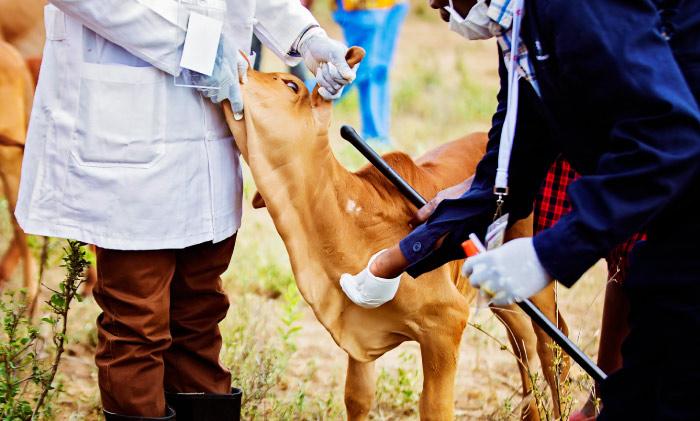Over the past few months, the world has seen COVID-19 wreak havoc as fatalities rise and economies fall, setting in motion a global recession. Now spreading across Africa, the virus is finding its way into poor rural communities, neighborhoods of the urban poor, refugee camps, and middle and upper-class neighborhoods, where cosmopolitan travellers may have brought it to the continent. Hope exists that the experience of past public health crises, lockdown measures, and the younger population will help reduce the impacts.
As in other places, COVID is colliding with economic contraction, conflict, and climate-related disasters, bringing to the foredeep inequalities. In East Africa, the pandemic is aggravated by the simultaneous resurgence of one of the largest outbreaks of locusts in decades in the region, raising fears of devastating food shortages while countries are struggling to contain the pandemic.
To slow the spread of the virus, several countries have shut their borders; on March 23rd, Kenya and Uganda closed their two busiest border posts at Busia and Malaba, allowing only heavy commercial vehicles with a driver and assistant to cross and requiring them to pass a COVID 19 swab test. With these restrictions, Kenya and Uganda-bound trucks and fuel tankers on the border have been stuck for hours, one driver reporting he spent more than 12 hours waiting for Kenyan officials to let him through. Recently, drivers in Malaba went on strike to protest the conditions.

